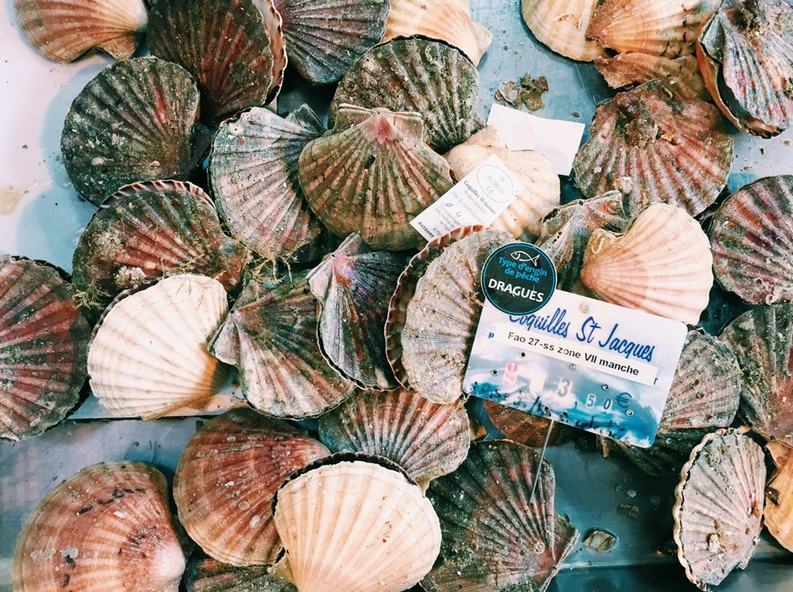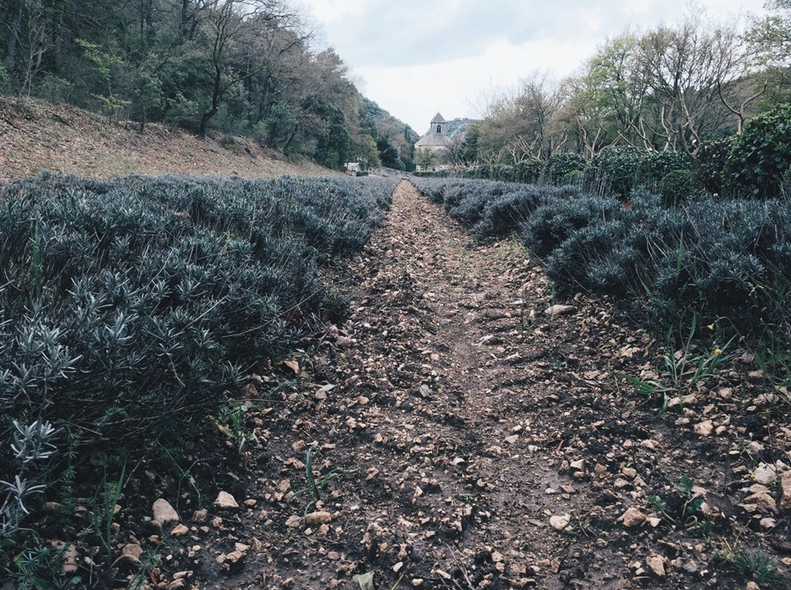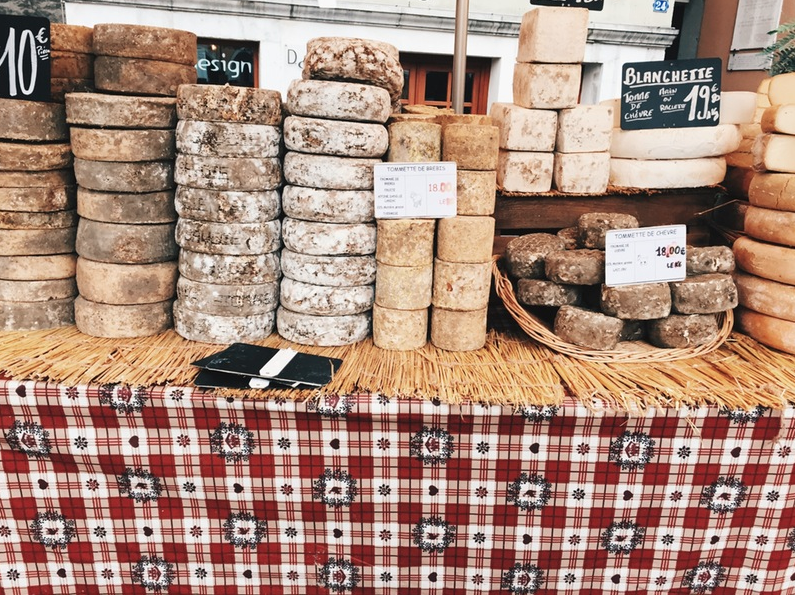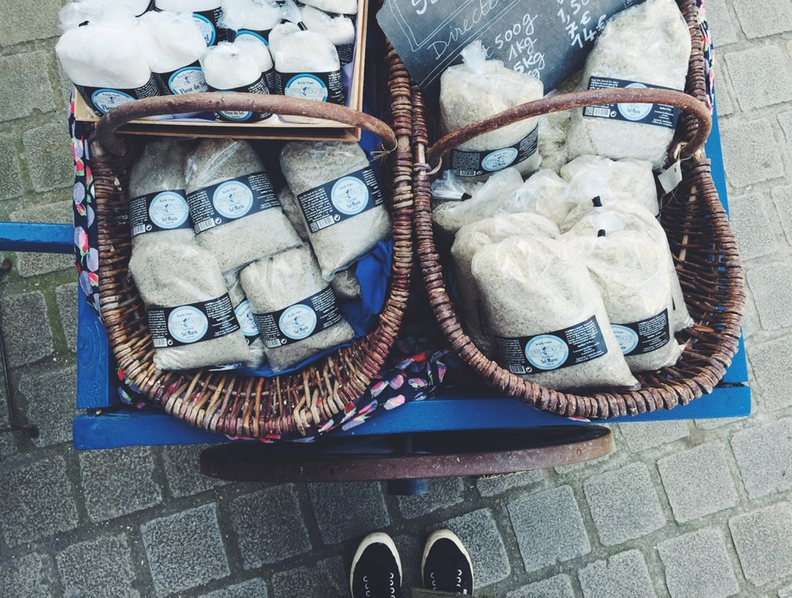It dawned on me the other day that I’ve been learning French for about 10 years now. My reaction to this realization? I’ll refrain from any cliché commentary on how fast time seems to pass and focus instead on the overwhelming wave of pride I felt wash over me. It has taken a whole lot of resolve and patience to persist for so long in the pursuit of a language whose grammatical complexities elude me more often than not.
In other words, learning French is hard.
I’ll also admit, however, that I felt a slight sting of shame. 10 years is a long time and, even after two stints living in France and many hours spent in the classroom, I have most certainly not attained a level of mastery over the language. Am I conversational? Maybe. But fluent? Absoluement pas.
I nonetheless continue to persist through the world of seemingly arbitrary grammatical rules and butchered pronunciation because the romanticism of the language has a hopelessly tight hold over me.
Case in point: when you meet someone for the first time, it’s customary to say enchanté. In what world could I give up on a language in which you’re told someone is literally enchanted to meet you?
—
Throughout the past decade (I cringed typing that), I’ve also been struck by French words sans direct English translations – words that, in their truest French sense, are more spirits or ideas than they are terms.
Take terroir, for example. Literally translated, it means “soil” or “land.” However, as I’ve come to understand, the word is indicative of a larger philosophy bearing far more weight than any translation website can communicate.
I like to think of terroir as the recognition of a location’s unique identity and the time-tested agricultural and emotional relationships humans have with the land. Typically used in reference to the grape harvest and value of wine, terroir denotes a combination of factors both concrete in the geographical sense (i.e. climate, soil, topography, horticulture, etc) and abstract (i.e. culture, authenticity, genuineness, etc). Land in a particular region or micro-region possesses a character of its own, imparting a unique taste profile, a goût du terroir, to its products.

It’s the reason why seemingly identical foods grown in different regions and under different conditions will not taste the same. (In fact, I tend to think this is why, even after meticulously following my mother’s recipe for tomato sauce, I inevitably end up with an inferior end product.)
It comes as no surprise, then, that even in the smallest of supermarkets, every product’s source is clearly marked. After all, France is renowned for its regional specialties.
There’s salt from Ile de Ré, mushrooms from Paris, lavender honey from Provence, mustard from Dijon, reblochon from the Rhône-Alps… trust me, the list goes on.




According to Jean-Claude Ribaut, food critic for Le Monde, terroir is “a sort of lost paradise.”
“One could say it’s a vision a bit backward-looking,” explained Ribaut, “but it’s also, I think, a battle of today, to try to safeguard what gives us pleasure and health.”
This philosophy differs from that of locavorism by virtue of the fact that authentic products of terroir can come from afar. That being said, the closer one is to the source, the better.
—
The notion of regional food specialties isn’t foreign to me. I’ve eaten lobster rolls in Maine, chowder in New England, and buffalo wings in New York. And you better bet that when I finally make my way to Chi-Town, I’ll be indulging in deep-dish pizza. Not to mention all the chimichanga’s I’ll scarf down if I ever find myself in Arizona.
However, until moving to France, I never really thought about this nuanced, 360-degree approach to food.

10 years of learning French and a combined 11(ish) months living in the country and things like this never cease to amaze me.
Because it’s exquisite, really, when you think about it — the fact that there’s a word like terroir, a single word to encapsulate the importance of place and the fundamental relationship between land, people, and food.
Some would even say it’s magical.

Lovely!
LikeLiked by 1 person
Terroir is, indeed, sooo much more complex than the American conception of it. If you haven’t already read it, I think you would positively love the book “American Terroir” by Rowan Jacobsen.
As for your French, persevere! You are right, learning a language is a lot of hard work: it also requires immersion. Have you considered taking an immersion tour in France?
LikeLike
No, I haven’t already read that one. Thank you so much for the suggestion and for the encouragement!
LikeLike